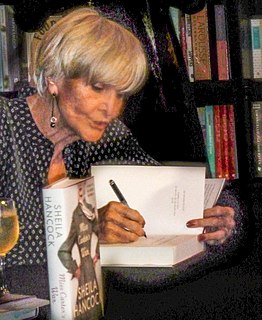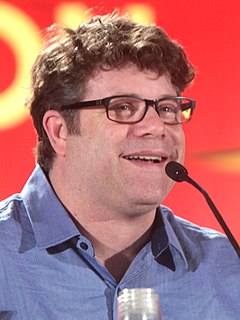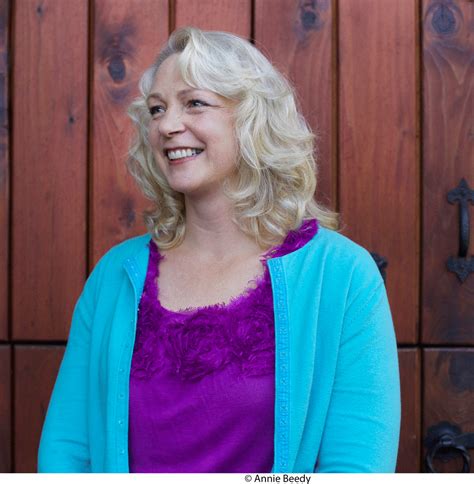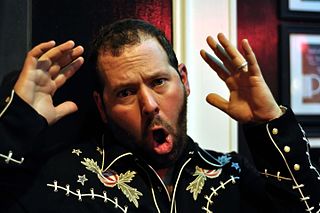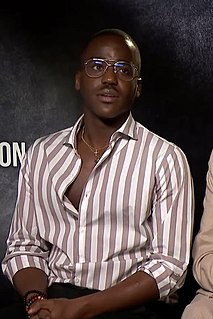A Quote by Lidia Yuknavitch
One of the things that bugs me about the Western Literary Tradition is that the conventions of narrative in particular seem to confine the stories you can tell about characters to tropes of bone-headed action and old models of psychological realism. And as readers, too, we have been conditioned to understand characters as - and forgive me for saying it out loud - what the market says they should be. Namely, safe, clean, proper.
Quote Topics
About
Action
Been
Bone
Bugs
Characters
Clean
Conditioned
Confine
Conventions
Forgive
Forgive Me
Give Me
Headed
Literary
Loud
Market
Me
Models
Namely
Narrative
Old
One Of The Things
Out
Particular
Proper
Psychological
Readers
Realism
Safe
Saying
Says
Seem
Should
Stories
Tell
Things
Too
Tradition
Tropes
Understand
Western
Related Quotes
When writers are self-conscious about themselves as writers they often keep a great distance from their characters, sounding as if they were writing encyclopedia entries instead of stories. Their hesitancy about physical and psychological intimacy can be a barrier to vital fiction. Conversely, a narration that makes readers hear the characters' heavy breathing and smell their emotional anguish diminishes distance. Readers feel so close to the characters that, for those magical moments, they become those characters.
Of course I know that the twins are only words on a page, and I'm certainly not the sort of writer who talks to his characters or harbours any illusions about the creative process. But at the same time, I think it's juvenile and arrogant when literary writers compulsively remind their readers that the characters aren't real. People know that already. The challenge is to make an intelligent reader suspend disbelief, to seduce them into the reality of a narrative.
I'm pretty good at fleshing out characters. I like to crawl inside their minds and imaginations and sort of loll about. Sticking to a clean narrative arc gives me some troubles. I've been told that I'm digressive and I'd have to agree. The odd anecdote that in no way relates to the "big idea" is just as illuminating and fascinating to me as anything else pertaining to the through-line.
I went to drama school so I had quite a regimented classical training, regimented process of analyzing a script. I'll go through the whole script and highlight everything my character says about me, and in another color I'll highlight what other characters say about me, and I'll highlight all the things I say about other characters.
I don't want to know about the lives of other actors and I don't want people to know too much about me. If we don't know about the private lives of other actors, that leaves us as clean slates when it comes to playing characters. That's the point, they can create these other characters and I can believe them.
What interests Sam Mendes are characters and relationships, and he was a genius at giving you the freedom to create the type of character you want, and also to explore and have fun with your fellow actors. For him, characters and relationships are really the heartbeat of the film, and then the action is the backdrop. By developing the characters, he makes you care that much more about the action and going on a journey with the characters.


